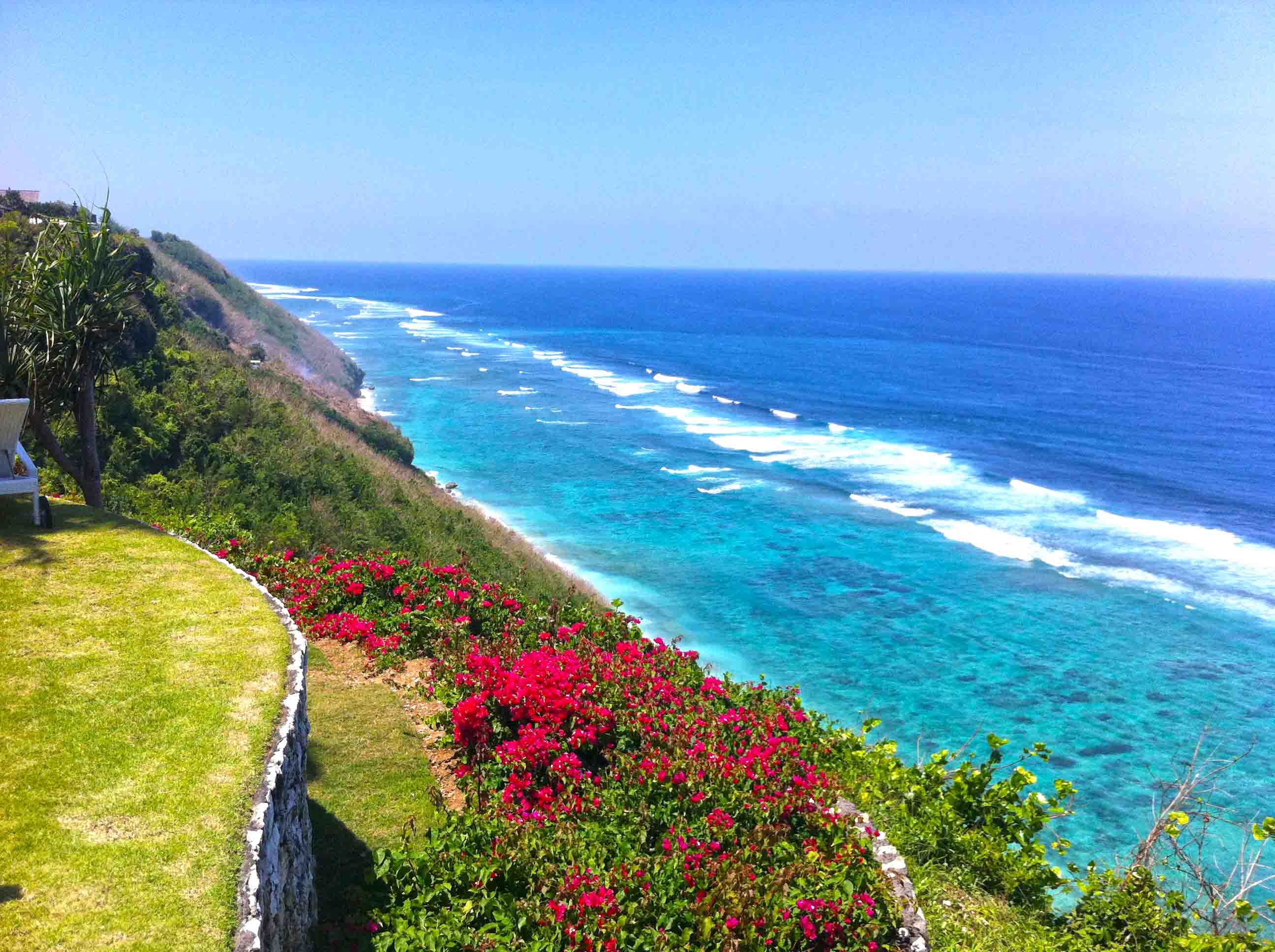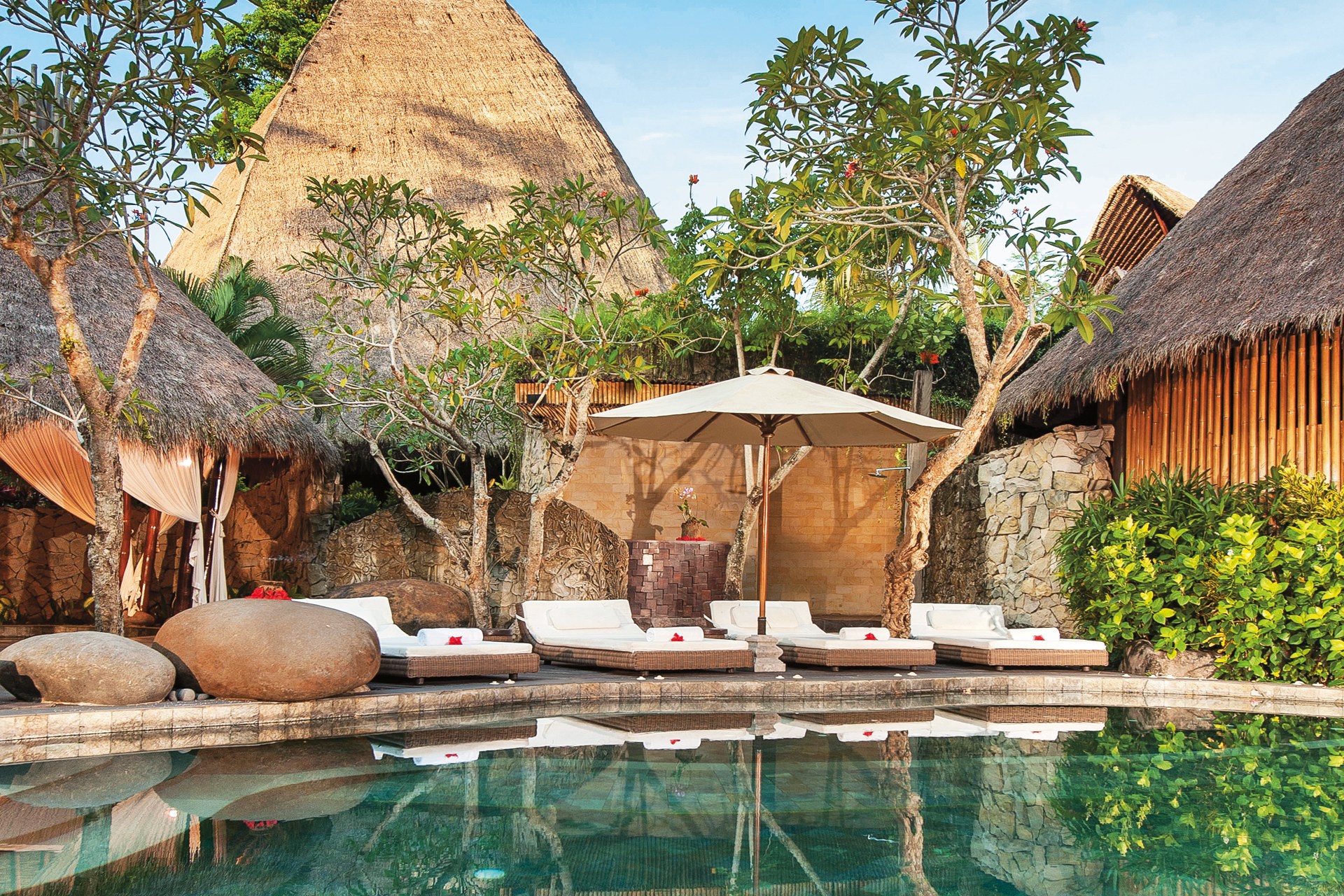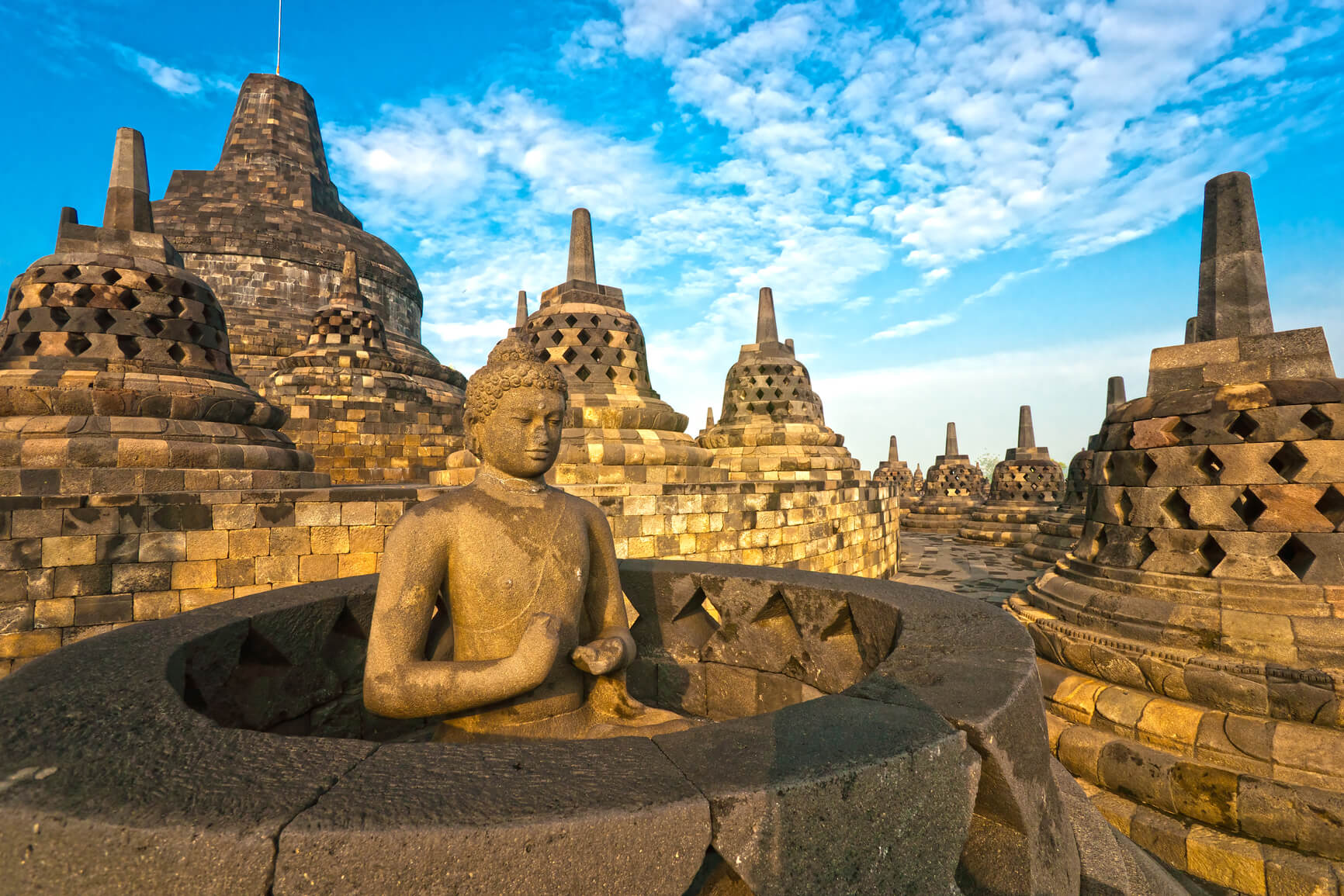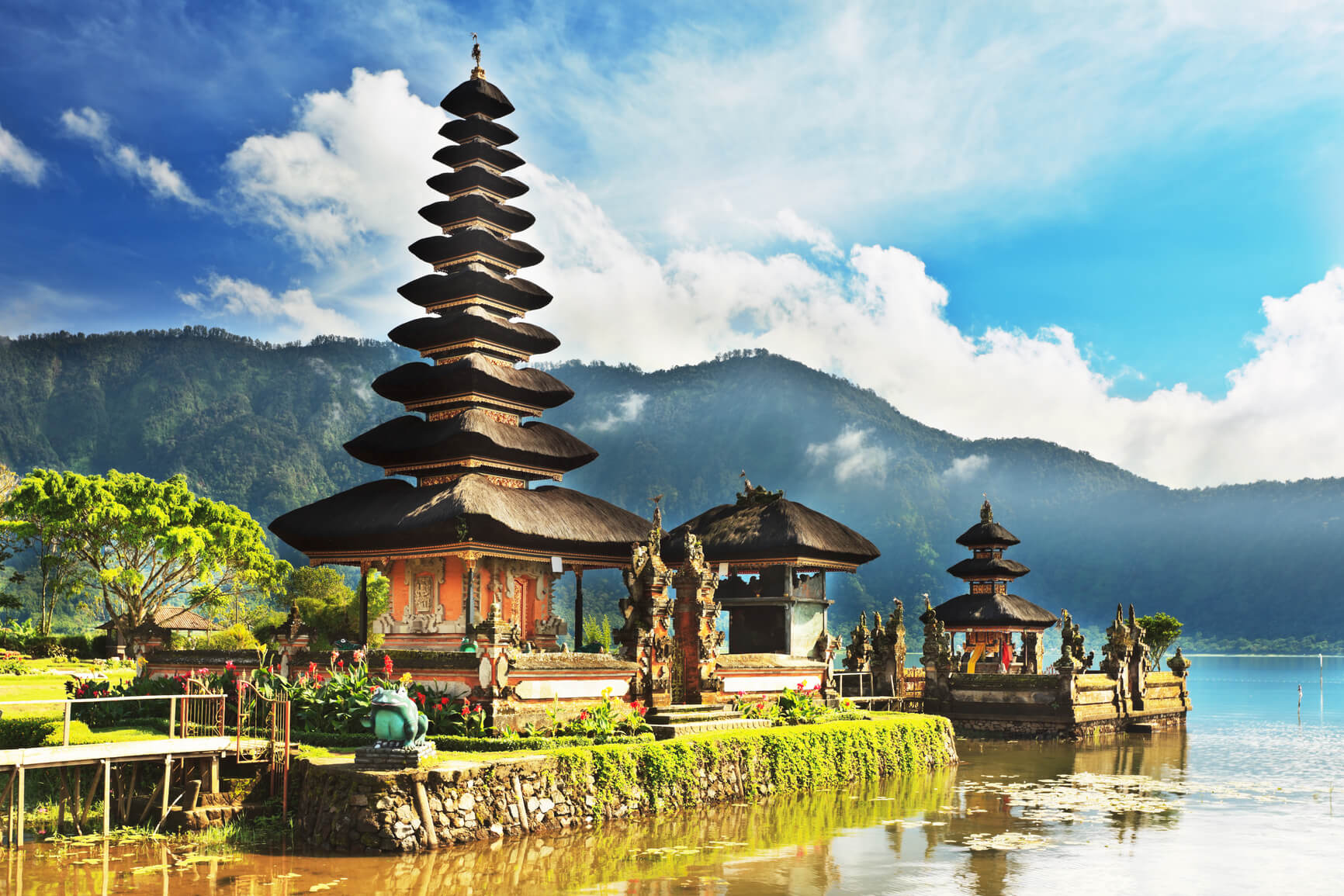Venue & Hospitality
City Highlights
About City
Bali is a popular tourist destination, which has seen a significant rise in tourists since the 1980s. Tourism-related business makes up 80% of its economy. It is renowned for its highly developed arts, including traditional and modern dance, sculpture, painting, leather, metalworking, and music. The Indonesian International Film Festival is held every year in Bali.
Bali is part of the Coral Triangle, the area with the highest biodiversity of marine species. In this area alone over 500 reef building coral species can be found. For comparison, this is about 7 times as many as in the entire Caribbean.
In 2010 Bali got score 99.65 of Indonesia's environmental quality index and the highest of all the 33 provinces. The score measured 3 water quality parameters: the level of total suspended solids (TSS), dissolved oxygen (DO) and chemical oxygen demand (COD)
Three decades ago, the Balinese economy was largely agriculture-based in terms of both output and employment. Tourism is now the largest single industry in terms of income, and as a result, Bali is one of Indonesia's wealthiest regions. In 2003, around 80% of Bali's economy was tourism related. By end of June 2011, non-performing loan of all banks in Bali were 2.23%, lower than the average of Indonesian banking industry non-performing loan (about 5%). The economy, however, suffered significantly as a result of the terrorist bombings 2002 and 2005. The tourism industry has since recovered from these events.
In 1963 the Bali Beach Hotel in Sanur was built by Sukarno, and boosted tourism in Bali. Prior to it, only three hotels existed on the island. Construction of hotels and restaurants began to spread throughout Bali. Tourism further increased on Bali after the Ngurah Rai International Airport opened in 1970. The Buleleng regency government encouraged the tourism sector as one of the mainstays for economic progress and social welfare.
The tourism industry is primarily focused in the south, while significant in the other parts of the island as well. The main tourist locations are the town of Kuta (with its beach), and its outer suburbs of Legian and Seminyak (which were once independent townships), the east coast town of Sanur (once the only tourist hub), Ubud towards the center of the island, to the south of the Ngurah Rai International Airport, Jimbaran, and the newer developments of Nusa Dua and Pecatu.
The United States government lifted its travel warnings in 2008. The Australian government issued an advisory on Friday, 4 May 2012, with the overall level of this advisory lowered to 'Exercise a high degree of caution'. The Swedish government issued a new warning on Sunday, 10 June 2012 because of one tourist who died from methanol poisoning. Australia last issued an advisory on Monday, 5 January 2015 due to new terrorist threats.
An offshoot of tourism is the growing real estate industry. Bali's real estate has been rapidly developing in the main tourist areas of Kuta, Legian, Seminyak and Oberoi. Most recently, high-end 5-star projects are under development on the Bukit peninsula, on the south side of the island. Million dollar villas are being developed along the cliff sides of south Bali, with commanding panoramic ocean views. Foreign and domestic (many Jakarta individuals and companies are fairly active) investment into other areas of the island also continues to grow. Land prices, despite the worldwide economic crisis, have remained stable.
Bali's tourism economy survived the terrorist bombings of 2002 and 2005, and the tourism industry has in fact slowly recovered and surpassed its pre-terrorist bombing levels; the longterm trend has been a steady increase of visitor arrivals. In 2010, Bali received 2.57 million foreign tourists, which surpassed the target of 2.0–2.3 million tourists. The average occupancy of starred hotels achieved 65%, so the island still should be able to accommodate tourists for some years without any addition of new rooms/hotels, although at the peak season some of them are fully booked.
Bali received the Best Island award from Travel and Leisure in 2010. Bali won because of its attractive surroundings (both mountain and coastal areas), diverse tourist attractions, excellent international and local restaurants, and the friendliness of the local people. According to BBC Travel released in 2011, Bali is one of the World's Best Islands, ranking second after Santorini, Greece.
Venue




